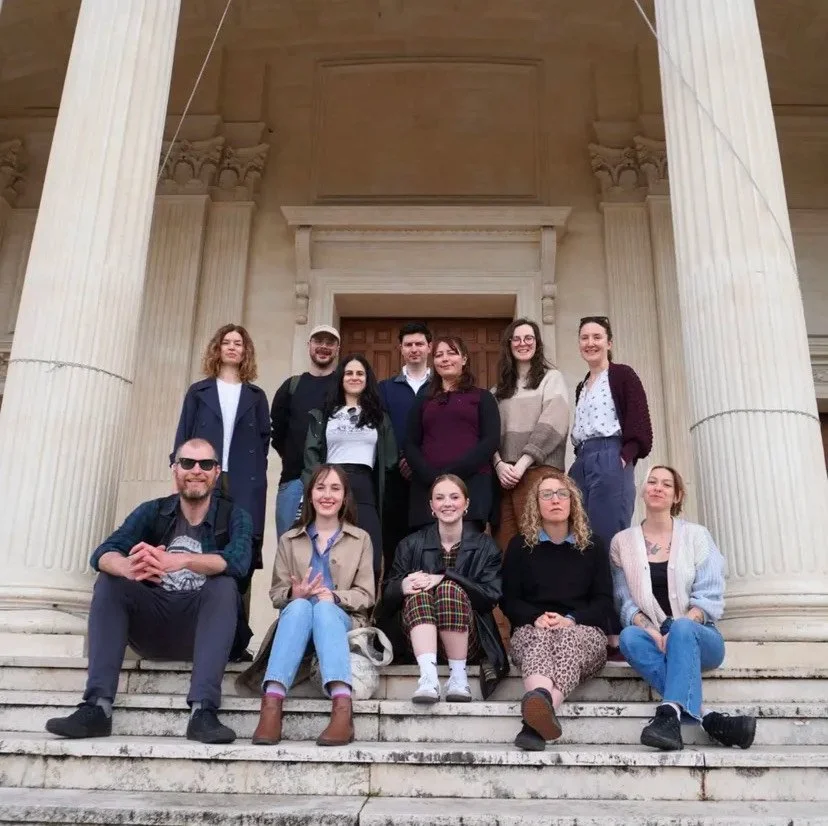CPCH doctoral researchers, Rosie Smith and Andie Lloyd,were part of a group of ten Midlands4Cities-funded doctoral students who took part in the annual trip to the British School in Rome (BSR). The week-long residential workshop was entitled ‘Rome: changing landscapes of the eternal city’ and included tours, guided walks around the city, and opportunities to meet the inspiring research community in the BSR. The group represented various research specialisms within the arts and came from home institutions across the M4C training partnership, which led to many fruitful cross-disciplinary conversations and the discovery of unexpected common threads across our projects. They toured Rome with academics and artists who shared their own research, which prompted participants to reflect on the various ways the city and its history intersected with their own studies.
A central focus of Andie’s research is understanding how Birmingham’s radical printers operated within place and space — how they navigated their town’s physical and social landscape, and how their environment influenced their decisions and the material objects they created. Both Rome and Birmingham were profoundly shaped by political and economic forces, and their landscapes became stages for the dissemination and debate of ideas. Exploring Rome’s enduring layers of reinvention offered fresh perspectives on how Birmingham’s printers engaged with their own urban and cultural environments. It was also an opportunity to discover innovative approaches to interpreting historical artefacts and the effect that museum explanations can have on our understanding of them. The trip has reinforced the importance of uncovering details about artisans and production techniques who are often overlooked in museum texts.
The BSR trip informed Rosie’s research in multiple ways. Rosie’s project focuses on the historic advertising catalogues and related printing blocks of the Coalbrookdale Company, arguably the best-known manufacturer of cast iron of the 18th and 19th centuries. Various workshops and tours throughout the week touched on themes of power and voice, particularly which voices are listened to and how we understand those who are absent in history. Rosie’s project aims to uncover stories of the less-known workers and craftspeople who contributed to the production of cast iron items, printing blocks, and catalogues. There are similar dynamics in the story of Rome, and considering those who built the vision of powerful figures in the ancient world was informative in considering the working environment, skills, and daily contributions of unnamed artists, artisans, and manual workers in industrial Britain. Themes of place, and urbanism, were also discussed throughout the week. Coalbrookdale, like Rome, has a multifaceted history which expanded and changed over time under various ‘management’, and the trip helped Rosie to consider how these multifaceted identifies of place can be communicated and understood.
The trip was a unique opportunity to be immersed in an inspiring city, meet interesting and friendly people and have engaging conversations which introduce attendees to new research perspectives.

